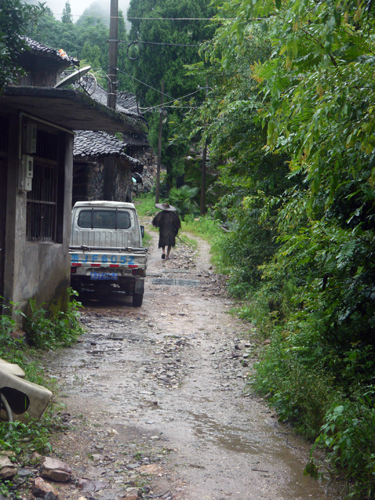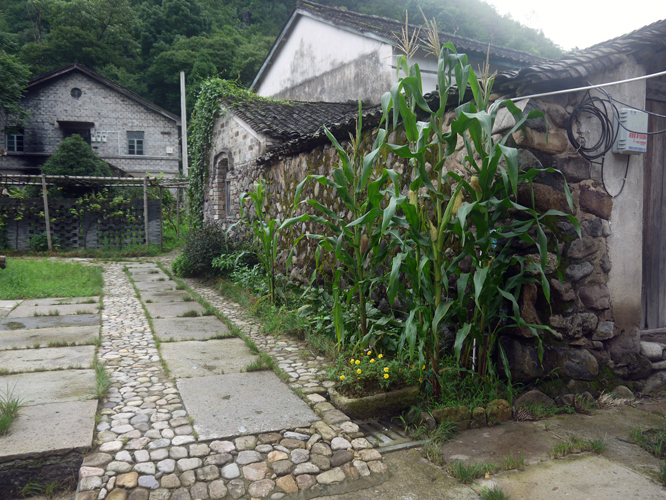TU Berlin, 2014 – 2017
Huang Huang
Post-Rural Urbanization in China – Rural for Habitat not for Profit
Since the reform and opening up, China has embraced market economy as its new development agenda. Rural areas, pivotal for a typically agricultural country like China, have since then decreased as an essential supplier of productive factors under a capitalist urbanisation process. Its traditional, social, political and cultural characteristics have been overlooked. Dualistic urban-rural policy, which was made to guarantee the most suffering stratum in Chinese history, has instead widened the gap between urban and rural China through the idealised urban planning process.
However, rural urbanisation by means of low-cost resource and intensive capital investment has recently been recognised to be cornered, both economically and socially. As a result, an official decision was made regarding this recognition in 2013. Since post-rural urbanization is still in an early stage, systematic indigenous research and advanced foreign experience are needed for theoretic development guidance.
By focusing on an urban-rural relationship development, changing rural social mechanisms, rural urbanisation actors and rural socio-spacial formation, this study aims to form a theoretic framework of post-rural urbanisation through systematic research on urbanisation mechanisms and an in-depth case study of typical practices in rural China. Critical questions regarding how urban-rural relationships are shifting in China during the post-rural urbanisation era, what possible new mechanisms of rural development are in place and what the effects to rural social values, social structures and socio-spacial forms are will be answered.
Huang Huang
huang.huang@campus.tu-berlin.de
Room A 409
T + 49 – 30 – 314 – 22588
F + 49 – 30 – 314 – 21907



